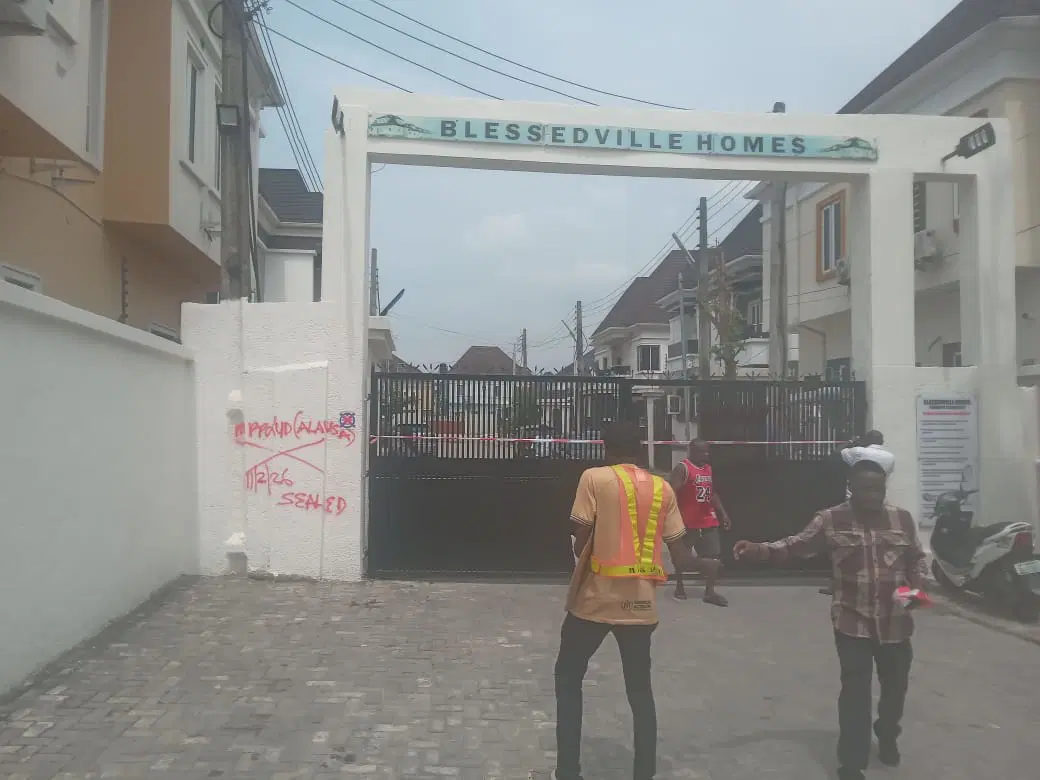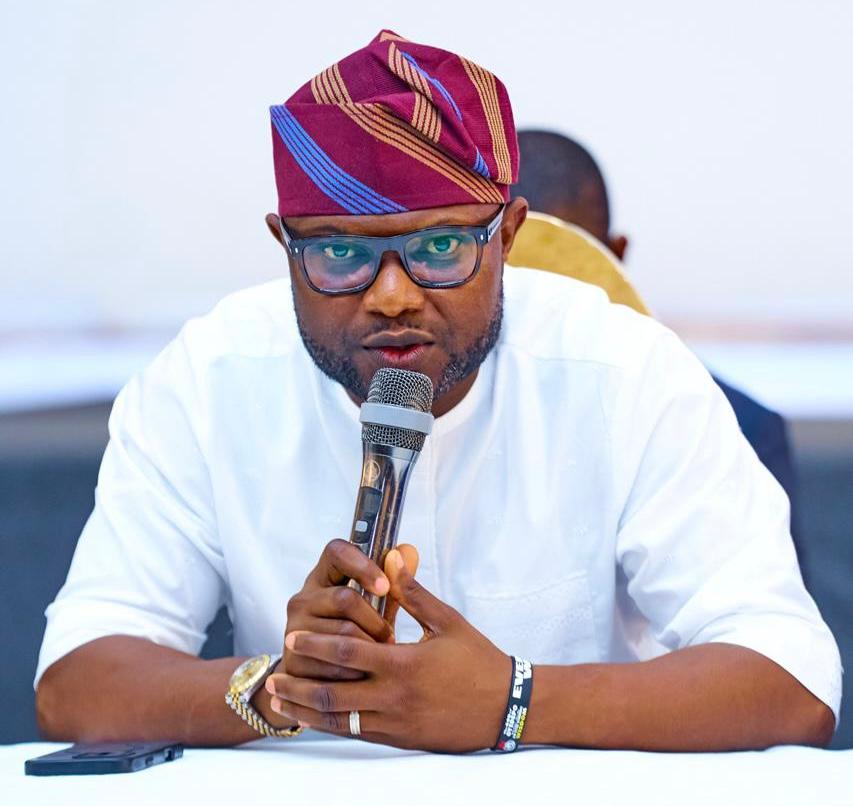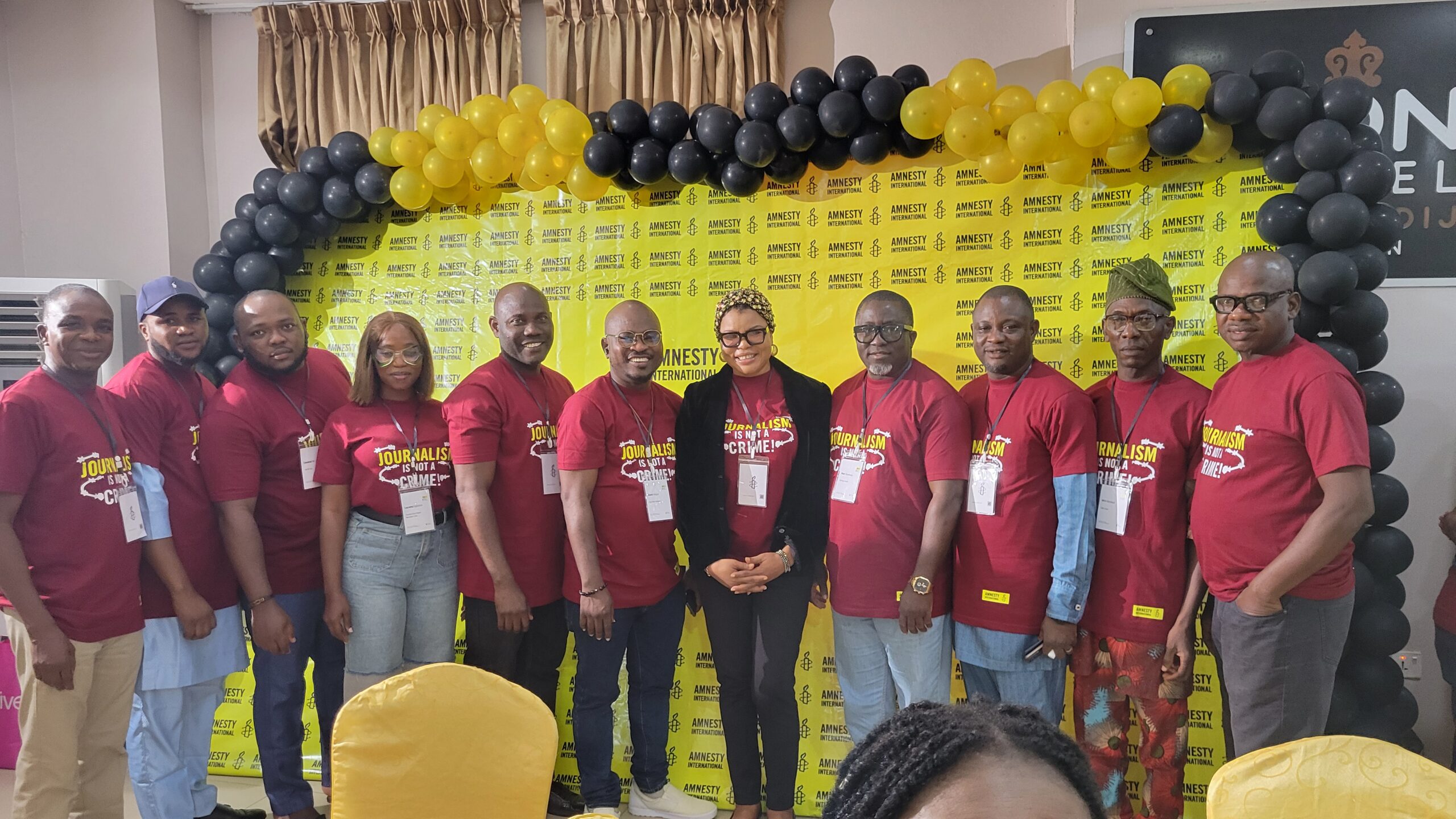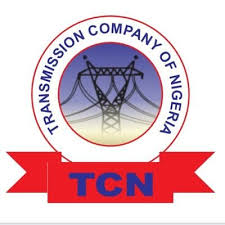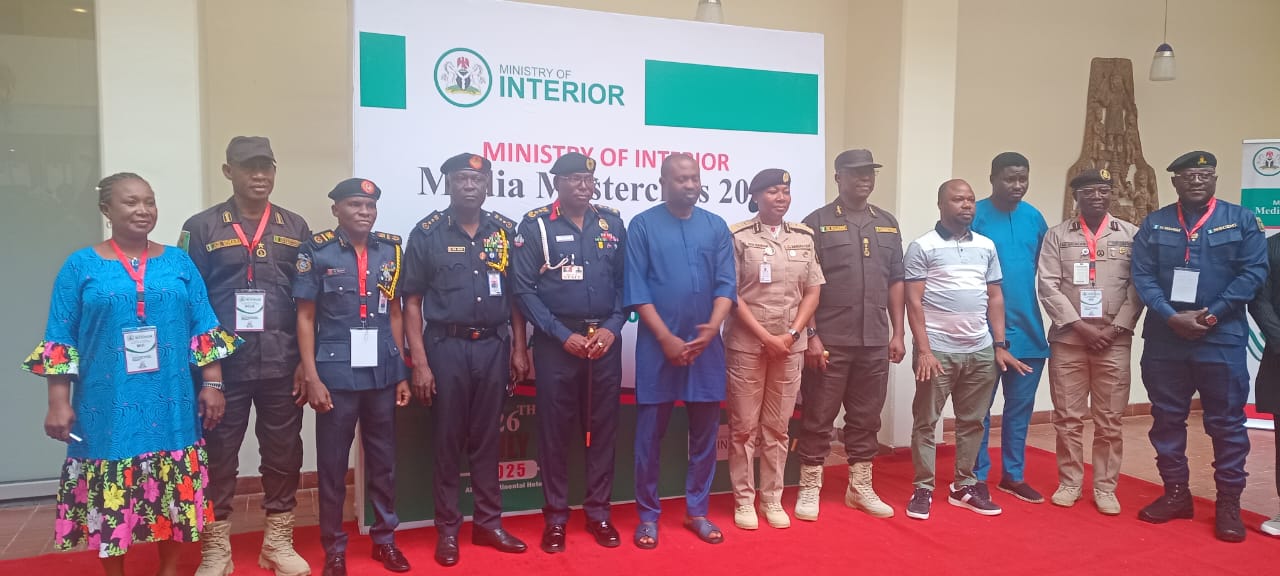By: Lauretta Fagbohun, Abeokuta.
Amnesty International has trained journalists from Nigeria’s South-West region on human rights-centered reporting.
The intensive two-day workshop, held in Ibadan, Oyo State, drew participants from print, broadcast, and online platforms across Oyo, Ogun, Ondo, Ekiti, and Osun states. The training focused on equipping media professionals with the knowledge, tools, and ethical standards necessary for impactful storytelling that champions human rights.
Speaking at the opening session, Micheal Christian, Social Media Communication Officer at Amnesty International Nigeria, emphasized the power of the press in shaping public discourse and holding the powerful accountable.
“By amplifying human rights narratives and shedding light on violations, the media act as powerful agents of change, advocating for justice, equality, and dignity for all,” Christian stated.
Renowned media advocate and Executive Director of the Centre for Free Speech Organisation, Richard Akinnola, delivered a keynote on the evolving role of journalists in defending democracy. He highlighted the growing influence of artificial intelligence in media and stressed the critical importance of fact-checking in rights-based reporting.
“In the age of AI, misinformation spreads fast. Journalists must stay vigilant and uphold accuracy when reporting on sensitive human rights issues,” Akinnola cautioned.
Addressing misconceptions about Amnesty International’s role, the organisation’s Finance and Office Manager, Benedicta Ofili, clarified that AI’s mission in Nigeria is not political but humanitarian.
“We are not here to fight the government,” Ofili said. “Our concern is to ensure that the rights of the people are well protected. Before we release any findings, we thoroughly verify information and conduct independent assessments.”
She encouraged journalists to boldly report human rights violations, noting that the media remains the most potent tool for public enlightenment and institutional accountability.
“The media is the voice that people listen to. If rights are being abused and no one speaks up, nothing will change. That’s why your role as journalists is so vital,” Ofili added.
The training concluded with a collective commitment from participants to amplify stories that spotlight human dignity, fairness, and social justice—ensuring that the media continues to serve as a pillar of democracy and a defender of the voiceless.




